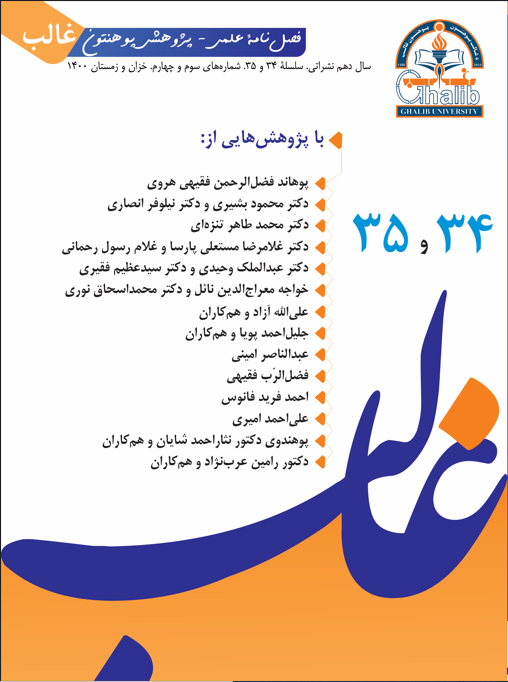Easement in The Worship as Per The Guidelines of Prophetic SunnaH
– Zakat as An Example
DOI:
https://doi.org/10.58342/.v10i34-35.20Keywords:
Easement, Sunnah, Worships & Zakat.Abstract
Islamic is the religion of easement and forbearance and it is, rather, based on these foundations and not causing hardship and putting curtailment on its people. The Prophet PBUH instructed Muslims in various Ḥadīths to follow the path of easement and not hardship. He also mentioned that he was sent with the tolerant and easy path of uprightness (al-milla al-ḥanafiya). Hence, following and causing easement are one of the important and significant features of the SharīꜤah in this religion of uprightness, and the religion was not revealed to cause difficulty for the people and place obstructions and chains or to make them subjected to what they cannot bear either in terms of acts or deeds, rather the SharīꜤah came to achieve happiness for the entire humanity, and it could achieve it by relief, removing hardship and easement, and avoiding exhaustion. In case any rulings of SharīꜤah moves from easement to hardship, then it will not be, in any way, part of the religion. Easement is accompanied with various worships and obligations of this religion so that Muslims will not be in a state of straining while performing what is required by them. One of these worships is Zakat which is considered one of the five pillars of Islam and it ranks on the third position. This research deals with the signs of easement which are evident in the Prophetic traditions while performing this obligation through what was reported in the Ḥadīth and narratives.
Downloads
Published
Versions
- 2022-08-07 (2)
- 2022-03-15 (1)
How to Cite
Issue
Section
License

This work is licensed under a Creative Commons Attribution-NonCommercial-NoDerivatives 4.0 International License.













